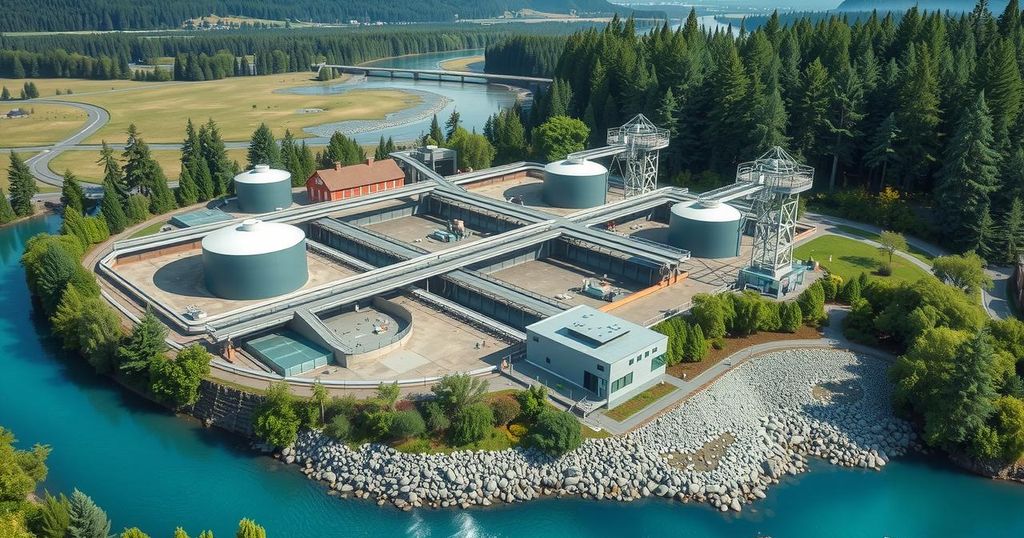Brazil’s COP30 President-Designate outlined plans emphasizing the upcoming climate summit as a pivotal opportunity for global nations to revitalize their climate commitments. He highlighted significant challenges including the U.S. withdrawal from the Paris Agreement and the need for ambitious national climate plans. The summit, set in the Amazon, stresses the urgency to respond effectively to the escalating climate crisis and calls for collective action to avert catastrophic outcomes.
Brazil’s President-Designate for COP30, André Aranha Corrêa do Lago, presented a vision document on Monday that emphasized the necessity for a revitalized global commitment to climate action. He encourages countries to perceive the upcoming November summit as a pivotal moment, using the football term “virada” to signify a resurgence against adversity. The document outlines strategies to overcome significant setbacks, particularly the withdrawal of the United States from the Paris Agreement and insufficient financial pledges made during past negotiations.
The Brazilian presidency highlighted that COP30 will occur amid some of the most pressing climate challenges to date. January 2025 was recorded as the warmest month globally, following a year where average temperatures exceeded 1.5°C above pre-industrial levels for the first time. Additionally, a report from the Financial Stability Board warned that climate-related disruptions could threaten global financial stability. The unique location of the summit in the Amazon further underscores the urgency of addressing climate issues, as it faces potential irreversible changes.
Scheduled in Belém, the summit coincides with notable anniversaries in climate agreements: 20 years since the Kyoto Protocol and ten years since the Paris Agreement. The Brazilian presidency is focused on encouraging nations to align their climate plans with the target of limiting global temperature rises to 1.5°C, while promoting the Baku to Belém Roadmap to 1.3T framework aimed at enhancing climate finance for developing nations.
Recognizing that Nationally Determined Contributions (NDCs) are nationally defined and therefore not subject to international negotiation, Brazil aims to inspire collective assessments of obstacles that hinder climate ambition. The document asserts, “We will be judged in the future by our willingness to firmly respond to the growing climate crisis.” The Brazilian presidency urges countries to urgently rethink their commitments, transforming NDCs into meaningful platforms for future prosperity.
Despite their critical importance, many G20 members, including China, India, and the European Union fail to meet the February deadline for updating their NDCs for the 2035 timeline. In contrast, only a few nations such as Canada and the UK have submitted their updates. This year’s COP29 in Baku concluded contentiously, with developing countries finding the proposed $300 billion in annual climate finance insufficiently accommodating their needs.
The document also calls for collaborative efforts inspired by the indigenous concept of “mutirão,” reflecting a united approach to facing climate challenges. It concludes with a compelling assertion that the year 2025 must become a turning point where collective grief and urgency empower constructive action, stressing that societal change is inevitable, whether it arises from proactive choice or catastrophe.
In conclusion, Brazil’s COP30 President-Designate, André Aranha Corrêa do Lago, emphasizes the urgent need for renewed global commitment to climate action at the upcoming summit. Framing it as a pivotal moment for change, he explores obstacles and ambitions surrounding climate plans and finance. The decisions made during COP30 in the Amazon region may significantly influence future climate initiatives and should inspire countries to elevate their climate goals to address the critical state of the global environment.
Original Source: www.hindustantimes.com




